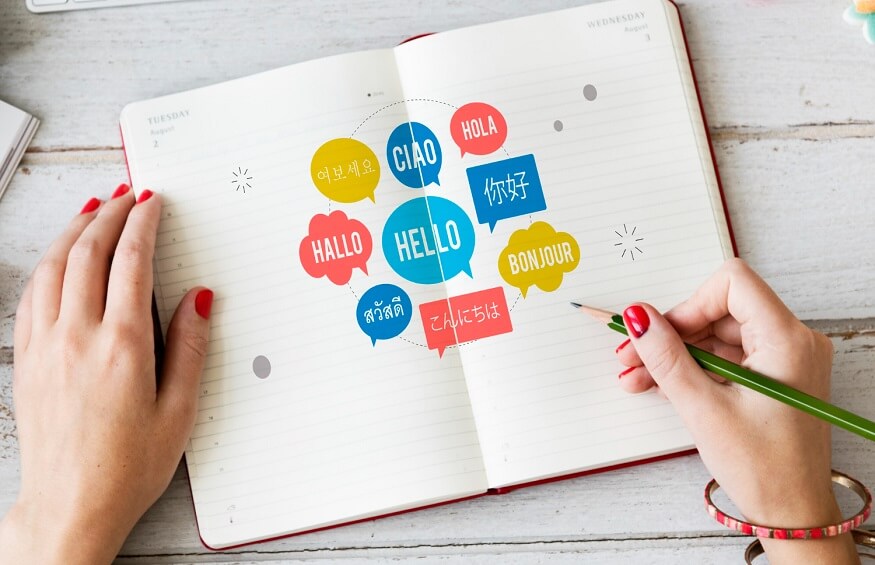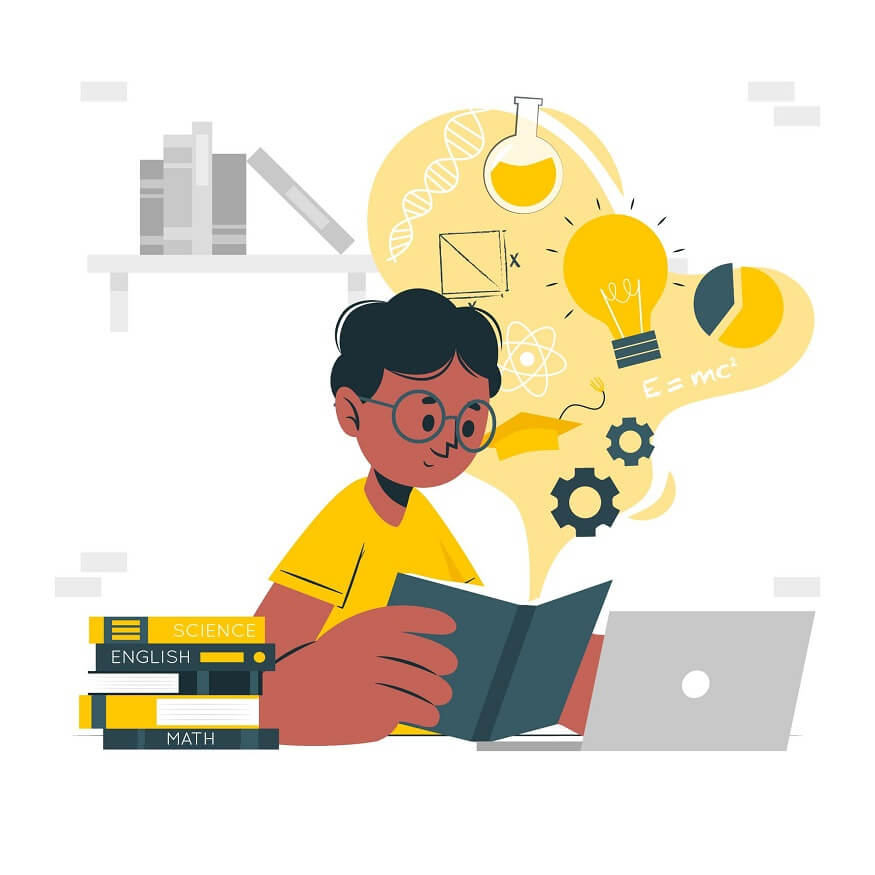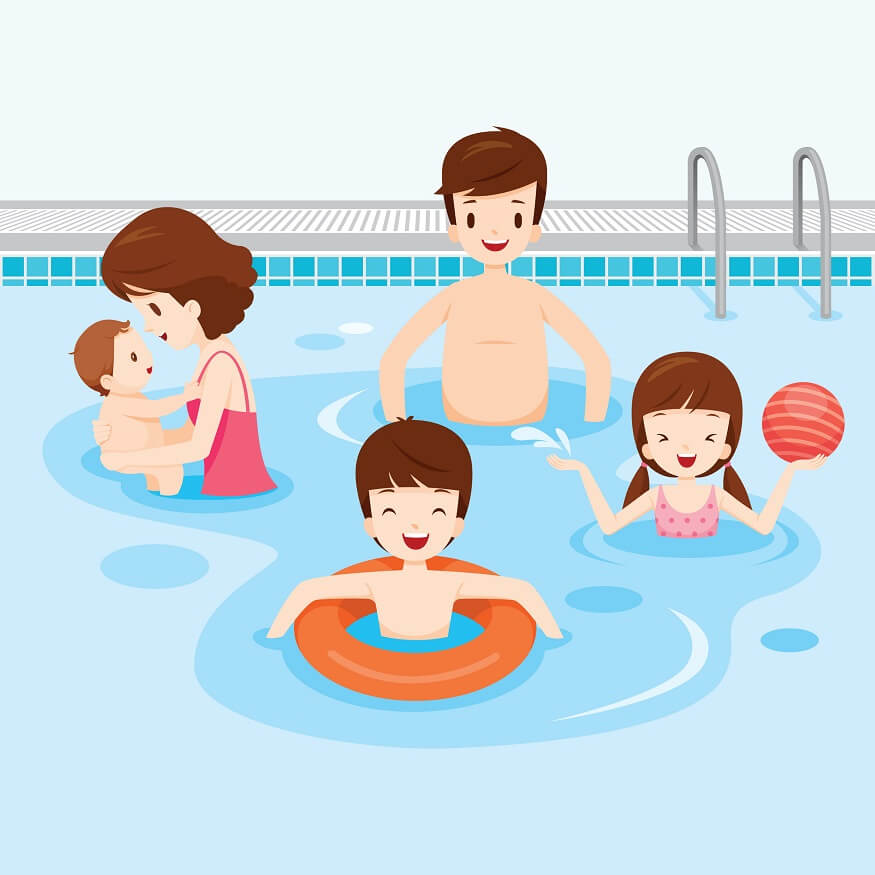Learning a new language offers countless benefits. Ranging from enhanced cognitive abilities to developing a deeper understanding of different cultures and better communication. Learning a new language is a skill that can be acquired at any age. However, determining the optimal age to start learning a new language remains a subject of debate.
Whether you are a parent, wondering about the ideal age for your child to start learning a new language or an adult contemplating picking up a new language, this blog, will provide you insights into the advantages and disadvantages of learning a new language at different ages, the critical periods and debunk some myths surrounding language learning.
Language Learning in Early Childhood
The critical period hypothesis suggests that acquiring a new language becomes significantly more challenging after a certain age. According to this theory, the human brain is intrinsically wired to acquire a new language most efficiently during early childhood and before puberty. Younger children have a larger capacity for absorbing new languages supported by an immersive learning environment and parental involvement in nurturing their capability for early language development.
The hypothesis suggests that language learning becomes a complex process requiring additional effort after this critical period. However, this theory is not universally accepted with some researchers challenging its validity.
The advantages of learning a language early in life are many. Children have flexible minds and hence can quickly absorb linguistic patterns and sounds. Early exposure to learning a second language promotes open-mindedness and intercultural understanding in children. Learning a second language can be challenging in pronunciation and grammar. However, with clear instructions and regular practice children can become proficient in the language.
Language Learning in Adolescence
As individuals transition into adulthood, their cognitive abilities mature. They start learning through more conscious learning strategies such as self-discovery, memorization and metacognition. Thus, during adolescence and early adulthood, learners have a greater capacity to grasp complex grammatical rules and vocabulary. This makes it an ideal phase for adolescents to pick up a new language. While the flexibility in mind may decrease compared to their early childhood stage, their motivation levels to learn a new language could be driven by academic requirements, personal interests or the need to create a unique identity.
When learning a new language, adolescents could face challenges such as becoming self-conscious or having difficulty with pronunciation and accents. These challenges, however, can be overcome through engaged and interactive learning, regular practice, utilising technology-enabled apps and language devices, and more. The only disadvantage is that this stage is also characterised by competing commitments, which may limit the time and effort individuals can dedicate to language learning.
Language Learning in Adults
Contrary to certain misconceptions, adults can also successfully learn new languages. However, time constraints, competing priorities, career and family responsibilities, and prior language learning experiences, could influence their ability and motivation to pick up a new language. Adult learners possess well-developed critical thinking skills. However, their cognitive functions naturally decline as they age, leading to potential difficulties in learning a new language. Pronunciation and rapid recall of vocabulary may present challenges.
Hence, adult learners need to set realistic goals, connect and network with language communities and commit to consistent practice to successfully learn a new language.
Practical implications of learning a new language
The practical implications of learning a new language are far more advantageous for every age group in every aspect of their life.
Personally, it enhances self-confidence and fosters a sense of accomplishment. It builds cognitive abilities such as problem-solving, critical thinking and multitasking. It strengthens your memory, improves communication and exercises your brain.
For students, it opens out opportunities for them to study and collaborate with students from across the world and regions. It not only broadens their cultural understanding bilingual individuals are seen to demonstrate higher-order thinking skills in their academic performance.
For professionals, knowing a new language expands their career opportunities while enhancing their ability to accept and respect diverse work environments.
Conclusion
Early language exposure and education can be incorporated into school curricula. Opportunities for foreign language programs and extracurricular language activities must be made available to older students as well in order to learn a new language effectively.
Some of the best ways to learn a language for adult learners can be to use contextual learning, real-life situations, and interactive language technologies. When it comes to senior learners, tailored language courses and programs, along with patience and encouragement, can contribute to a successful language learning experience.
While the Critical Period Hypothesis suggests that the earlier one begins learning a new language, the smoother the process, there is no definitive cutoff age for learning a new language. Age affects language learning differently, with unique advantages and disadvantages at various stages. Hence, choosing the best age to learn a new language should consider psychological and practical factors. Ultimately, the best age to learn a new language depends on individual circumstances, motivations, and available resources.
By enrolling in EuroSchool‘s language programs, students can develop language proficiency, a cultural understanding and enhance their communication skills. Our programs prepare them to navigate an increasingly interconnected world.











